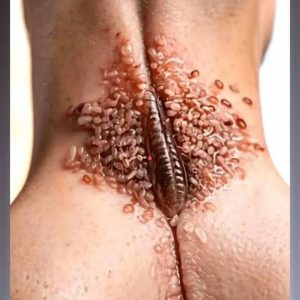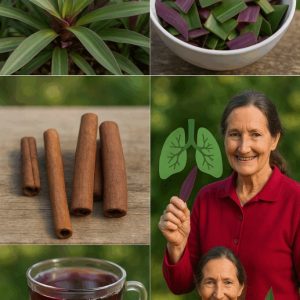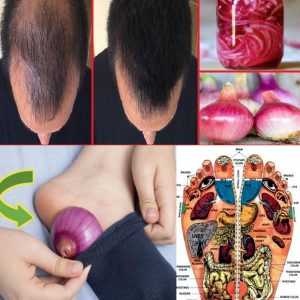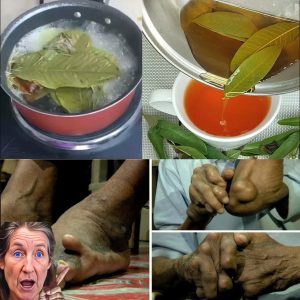Barbara O’Neill, a renowned health educator and nutritionist, has long advocated for a deeper understanding of cholesterol and its role in our overall health. She challenges the conventional medical approach, arguing that the commonly accepted view of cholesterol as a villain is overly simplistic. O’Neill suggests that cholesterol is, in fact, essential for our body’s well-being, serving as a crucial building block for cell membranes, hormones, and Vitamin D. According to O’Neill, the real issue lies not in cholesterol itself but in its oxidation and how it interacts with the body under specific conditions, such as inflammation.
One of the most surprising aspects of O’Neill’s teachings is her contention that many cholesterol-lowering medications may not be necessary for the vast majority of individuals. She highlights how statins, which are often prescribed to lower cholesterol, may come with serious side effects, including muscle pain, liver damage, and cognitive decline. Rather than relying on pharmaceutical interventions, O’Neill suggests adopting a holistic approach to health that includes proper diet, exercise, and stress management. She encourages her followers to focus on lifestyle changes that can naturally optimize cholesterol levels.
O’Neill also emphasizes the importance of understanding the different types of cholesterol. Not all cholesterol is created equal, and there are good and bad types. High-Density Lipoprotein (HDL) cholesterol, often referred to as “good cholesterol,” helps remove excess cholesterol from the bloodstream, reducing the risk of heart disease. In contrast, Low-Density Lipoprotein (LDL) cholesterol, or “bad cholesterol,” can build up in the arteries and contribute to plaque formation. O’Neill advises her audience to focus on improving the ratio between HDL and LDL, rather than obsessing over total cholesterol numbers alone.
Ultimately, Barbara O’Neill’s message is one of empowerment and education. By encouraging people to view cholesterol from a more nuanced perspective and adopt healthier lifestyles, she aims to challenge the status quo and provide individuals with the knowledge needed to take control of their own health. For those looking for a more balanced approach to cholesterol, O’Neill’s advice offers an alternative path to wellness that goes beyond the typical medical narrative.




